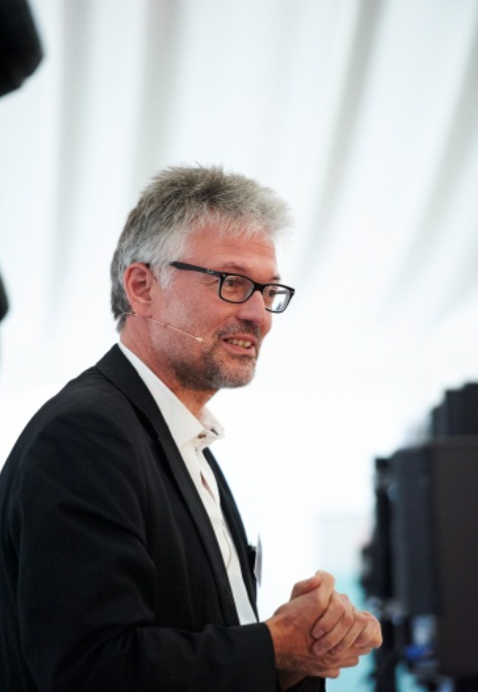Evaluation UN-HABITAT/UNEP’s Sustainable Cities Programme in Senegal.
UN-HABITAT/UNEP commissioned a Mid-Term Review (MTR) of the 2004 -2007 phase of the Global Sustainable Cities Programme (SCP) and Localising Agenda 21 (LA21), in Senegal. In 2004, the IAGU (Institut Africain de Gestion Urbaine), the ‘Association des Maires du Sénégal’ (AMS) and the Senegalese Ministry of Urbanism and Spatial Planning (MUAT) initiated a national replication program called ‘Appui à la formulation des Agendas 21 Locaux au Sénégal’. This program was financed by the Belgian Cooperation. Besides the Louga process consolidation, four new cities joined the LA21: Guédiawaye, Saint-Louis, Matam and Tivaouane.
Senegal is located in Western Africa and is mainly a low-lying country, with a semidesert area in the north and northeast and forests in the southwest. The largest rivers include the Senegal in the north and the Casamance in the Southern tropical climate region. The capital of Senegal, Dakar, is the westernmost point in Africa. The country surrounds Gambia on three sides and is bordered on the north by Mauritania, on the east by Mali, and on the south by Guinea and Guinea-Bissau.
Urban problems are inextricably linked with environmental problems in Senegal; such as water pollution, solid waste management and deficient transport systems. Some cities (like f.i. Louga) also deal with HIV/AIDS problems, basically due to immigration. Although decentralisation laws go back as far as 1956 with major reforms made in 1972 and in 1996, urban governance in Senegal is still much steered by the central state. A rather strong particracy, with local mayors being appointed by national parties, an urban primacy structure with Dakar being the residence of many local politicians and strong national deconcentrated public services form part of the national context in which local urban governance within the LA21 programme has to be developped.
The general objective of the review was to assess the achievements made so far on the Senegalese subpart of the LA21 program strategy for 2003-2007, which was developed within the framework of the Urban Environmental Section Strategy, and to recommend directions during the second period of the program strategy and beyond.
During January 2006, Joris Scheers visited Senegal as MTR-team member together with Mr. Claudio Acioly. A preceeding evaluation report was made by Dr. Henri Lo, who was contracted by UN-HABITAT as the local consultant for the review. Together with additional data provided by the UN-HABITAT LA21 Core Team in Nairobi and by the Belgian Development Cooperation, this document served as main starting point for the review. The MTR team members had intensive meetings and discussions with all parties involved: the local consultant, several Municipal Council officials, all the ‘LA21 Assistants Technique’ of the three cities visited, the IAGU and ENDA coordination teams, the head of the Ministry of Urbanism and Spatial Planning, the Ministry of Environment, some of the working group members as well as grass roots organisations in the visited cities. The mission reviewed on site activities in Dakar, Guédiawaye, Tivaouane and Louga and presented its provisional findings and recommendations in a workshop with all the main program stakeholders at the IAGU offices, followed by a discussion on January 26th 2006. A general debriefing meeting took place later the same day at the ‘Association des Maires de Sénégal’-office in Dakar.
Back to portfolio
